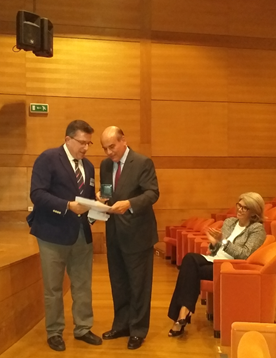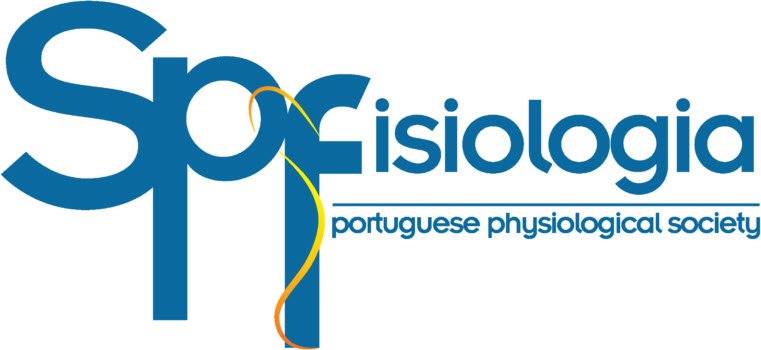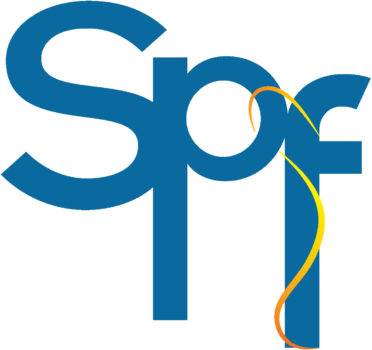About the Portuguese Society of Physiology
Creation of the Society
Brief history of the Portuguese Society of Physiology
In the late 1980s, Professors Mirabeau da Cruz (1914-1996) and Luís Silva Carvalho (1954-2008) of the Institute of Physiology in Lisbon launched the idea of establishing the Portuguese Society of Physiology. After several contacts involving other leaders of the Physiology of U Coimbra (Professor Fausto Pontes, 1934-2003) and U Porto (Professor Soares Fortunato, 1936-2019), the 1st National Congress of Physiology was held in December 1991 at the Faculty of Medicine of Lisbon (Institute of Physiology). L Monteiro Rodrigues, then a PhD student of Professor Luís Silva Carvalho, was the secretary of this Congress.
More than twenty-five years later, the Portuguese Society of Physiology was formally registered in 2017. A brief biography of the founders is included here.
Bylaws
Founders

Luis Monteiro
Academic, PhD from U Lisboa (1992) . Full professor of physiology and pathophysiology / disease mechanisms, with particular interest in microcirculatory function and regulation and experimental dermatology. Founding member and current Executive Director of the EEMCO Group, he is part of many scientific societies, including the Physiological Society and the American Physiological Society, in which he is part of the P-MIG education group. He is involved in the editorial board of several journals, such as Frontiers in Physiology (guest editor), being the editor-in-chief of Biomedical and Biopharmaceutical Research magazine. He has been awarded several awards, being the author of more than 500 scientific publications, including chapters of books and articles in specialized journals.

Ana Sofia Fernandes
Graduated in Pharmaceutical Sciences (2004), she obtained her PhD in Pharmacy (specialty of Toxicology, 2010) from U Lisboa. Holder of Pharmacology and Toxicology at the Lusophone University, Ana Sofia is also Scientific Director for Innovation and coordinator of the Laboratory of Pharmacology and Therapy of CBIOS - Center for Research in Biosciences and Health Technologies of U Lusofona. Recently (2018) he received the title of European Registered Toxicologist, and is a national delegate of the actions COST EU-ROS and NutRedOx. Since 2007, it has published 45 scientific papers indexed in Scopus/Pubmed and received several distinctions, including the Early Research Career Prize (SFRR Europe, 2010). Its main research interest lies in exploring the impact of RLO and redox modulators on cancer etiology and progression.
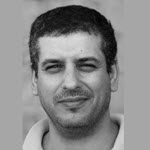
Hugo Duarte Ferreira
Hugo Alexandre Ferreira holds a degree in medicine and technological physical engineering, and holds a PhD in Physics in the area of nanotechnologies applied to biomedicine. He was founder and managing director of Haloris Nanotecnologias, a biosensor development company for in vitro diagnostics. He also worked at Siemens Healthcare as a specialist in CT and MRI imaging before returning to the academy. He is currently a researcher at the Institute of Biophysics and Biomedical Engineering of the Faculty of Sciences of the University of Lisbon (FCUL). His research deals with topics in medical imaging, oncology, neurosciences, brain-computer interfaces and physiological computing. He is also coordinator and professor of the Integrated Master's Degree in Biomedical engineering and Biophysics at FCUL. He is also founder and clinical director of NeuroPsyAi, a company that develops solutions to support the diagnosis of neurological and psychiatric diseases using brain imaging and artificial intelligence algorithms. He is also the founder of EmotAI, a company that develops solutions to improve human performance, and in particular athletes, using neurotechnology. Finally, he is an evaluator, consultant and mentor of projects and companies in the area of Life Sciences, Nanotechnologies, Medical Devices and Digital Health, among others.
Management Bodies
Distinctions and Honors
In Memoriam
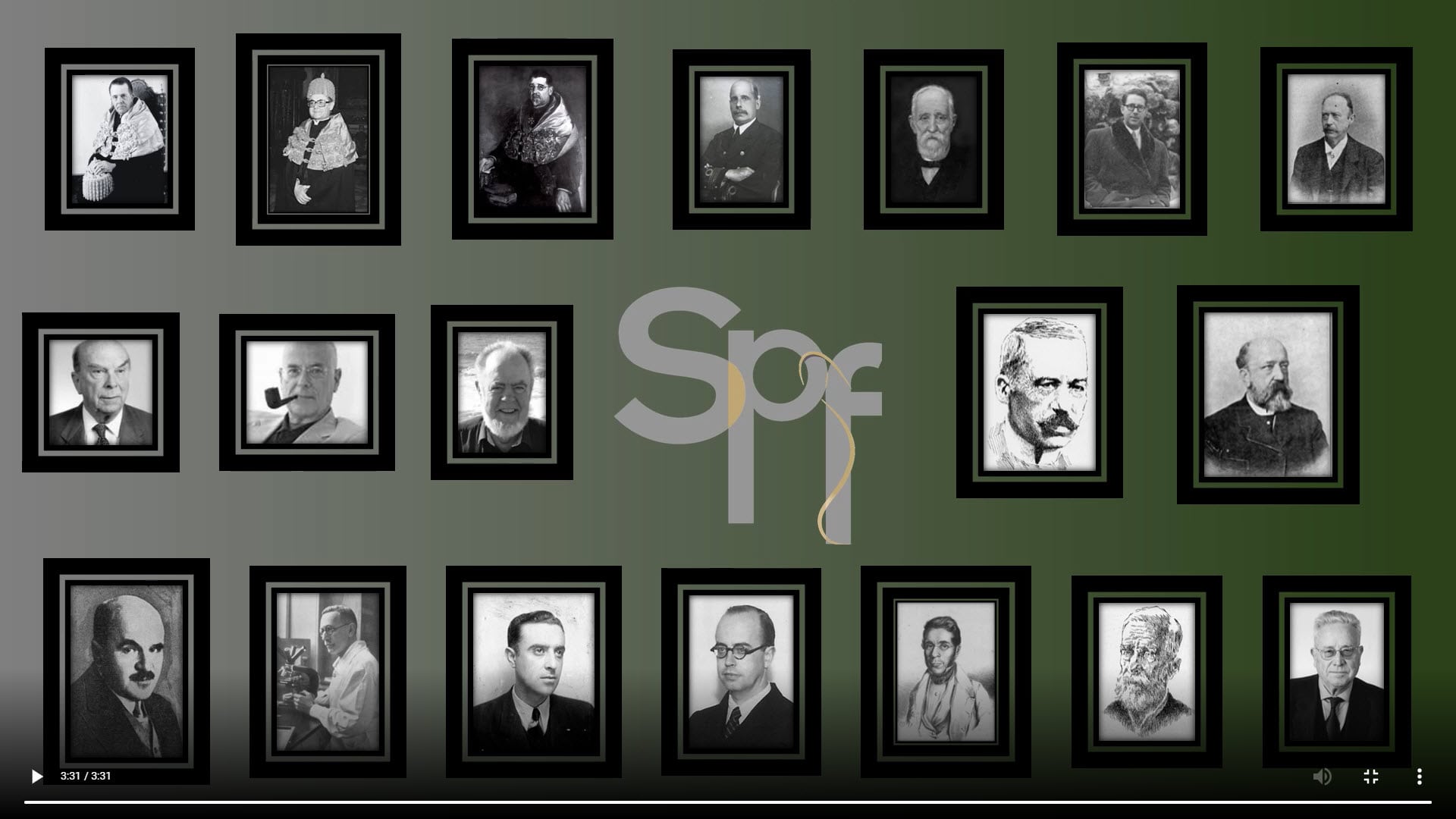
Members of Honor
Award ceremony of the titles of Members of Honor
Held at the General Assembly of the Portuguese Society of Physiology on 10 October 2019.
